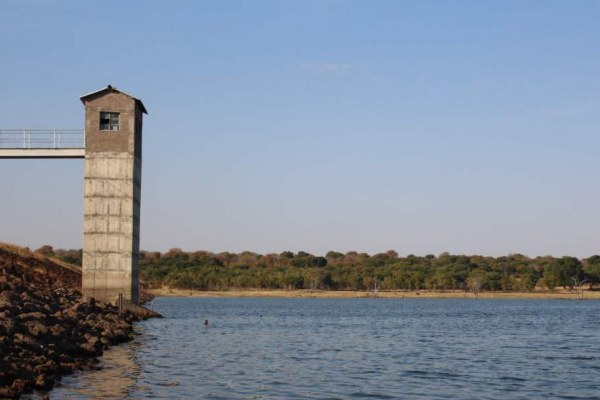
GOVERNMENT should come up with dam-induced-relocation policies that will spell out terms and conditions to cushion victims of development projects and establish standard compensation mechanisms, a leading academic and researcher has said.
BY TATENDA CHITAGU
Speaking at a two-day Multi-Disciplinary Dams conference held in Gweru last week, executive dean of the Faculty of Arts at the Midlands State University (MSU), Terence Mashingaidze, said such development-induced-relocation policies should have the effect of restoring people’s livelihoods to their pre-relocation situation.
“Cognisant of dams’ critical roles to development, we need to interrogate their impacts on society and the environment. Possibly our country and many others in the sub-region need to establish dam-induced-relocation policies or more broadly, development-induced-relocation policies that have clearly defined compensation mechanisms for those whose land is taken to develop dams and mines,” he said.
“In order to ensure sustainable livelihoods for displaced communities, the envisaged development-induced-relocation policies should have profit sharing mechanisms between those who develop mega projects and the affected communities.”
Mashingaidze said victims of national development projects cannot be said to be “resettled” when their lives become even more precarious than before displacement.
“The idea is to displace, resettle and rehabilitate these internally displaced persons. We need to envision inclusive and economically just and equitable post-relocation models which ensure that all affected people benefit from the ‘dam construction dividend’. The negative impacts of mega dams on the poor and marginal communities, where these artificial water bodies are located, have always been the same, from Kariba, Akasombo, Inga, Cahora Bassa, among others-and now Tugwi-Mukosi,” he said.
“Mega dams do not only alter geographies and expose people to new disease ecologies, but disrupt daily routines, severe social networks and, mostly, impair livelihoods through displacements of communities without adequate compensation and post-relocation structures.”
- Chamisa under fire over US$120K donation
- Mavhunga puts DeMbare into Chibuku quarterfinals
- Pension funds bet on Cabora Bassa oilfields
- Councils defy govt fire tender directive
Keep Reading
MSU acting pro-vice chancellor, Doreen Moyo, said institutions of higher learning should stimulate innovations and develop practical and life-changing synergies between the academia and the productive sectors of society such as industry and agriculture.
“Politicians and policy-makers are all looking forward to uptake some of your policy relevant observations and recommendations,” Moyo said The conference, which attracted scholars, researchers and academics from diverse backgrounds, was held under the theme ‘Dams, Society and the Environment’.











